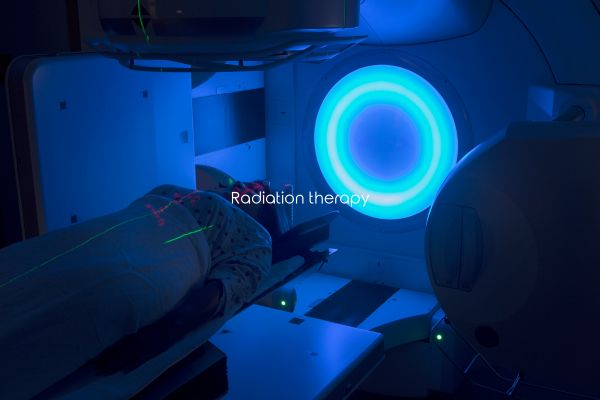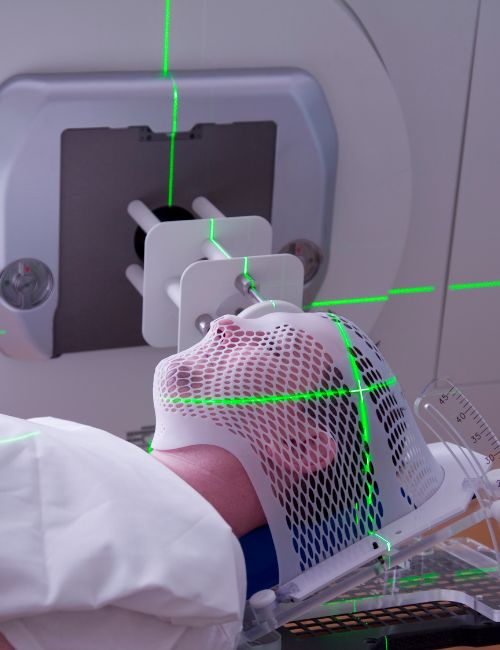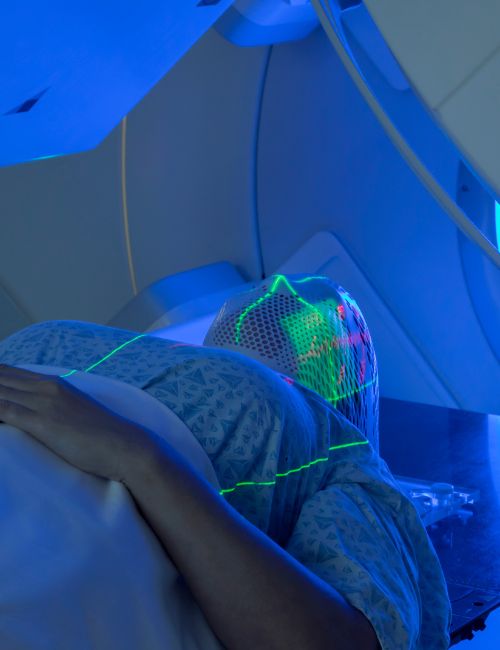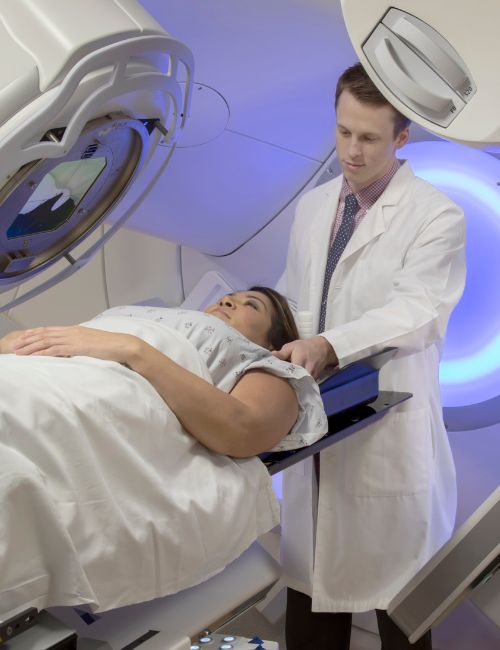Radiation therapy
Radiation therapy is a medical procedure that uses high-energy radiation to kill cancer cells.
Procedure in a nutshell:
Radiation therapy involves using a machine to direct high-energy radiation at the site of the cancer.
The radiation damages the DNA of cancer cells, causing them to die or stop growing.
The procedure is typically done on an outpatient basis, and the patient does not need to be sedated.




